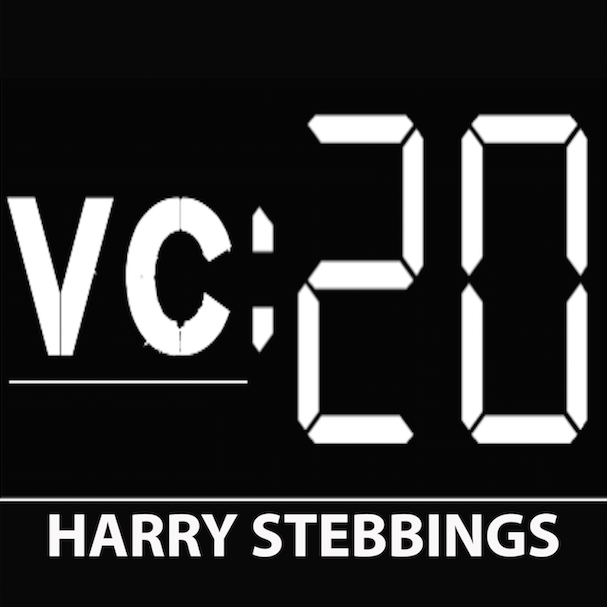Dave McClure is the founding partner of 500 startups, made over 1500 investments, including Twilio, Send Grid, and Intercom. Dave was previously on the Investment team at Founder's Fund, and was head of marketing at PayPal pre IPO.
From Dave's words: "I graduated from Johns Hopkins in Baltimore in 88 and came out to California in 89. Did some consulting, which grew into a small company. Did some work with Microsoft and intel on a few others from 94 to 98, grew that to about 20 people. Screwed up everything I could about running a small business, but still managed to get a very small exit out of that around 2001. Got a job working at PayPal and was there through the through the I. P. O and through the sale to eBay and then a few years after that, until around 2004. Met a lot of really amazing people there, some of whom created some recognizable names in the Internet."
After leaving PayPal around 2004, Dave started investing recreationally. After he'd invested in about 13 companies over the next four year, some of them turned into 100M+ exists.
Dave ended up working for Founder's Fund with Peter Thiel and Sean Parker for about 1.5 years, and eventually got together with Christine Tsai to raise their own fund, 500 Startups.
Although founders were compelling and the ideas were good, mostly non of the early winners in Dave's portfolio were oversubscribed. They were all raising money in 2008-2010 times when fundraising was tough.
It helps but is not a requirement, depends on what you are trying to accomplish.
All of Dave's early winners were between a 10 to 20 x return on investment, about a 3x return on his overall portfolio, with an investment return period of around seven or eight years.
With 500 Startups, they aimed to find a "unicorn" only 1-2% of the time, but given that low probability of that even, their portfolio size needed to be a minimum of 50 to 100 companies to even have a shot at that.
So when thinking about investment, you need to know what return multiple you are trying to hit, how likely your companies are to return, and then you would know whether or not you need a unicorn to do it, or how many unicorns at that.
People who became the "PayPal Mafia" were all smart, hard working, and able to adopt quickly to the changing demands of their markets.
Dave McClure thinks that although in hot startup areas, like Beijing and Silicon Valley, there is a lot of money, the rest of the world has very little in comparison.
